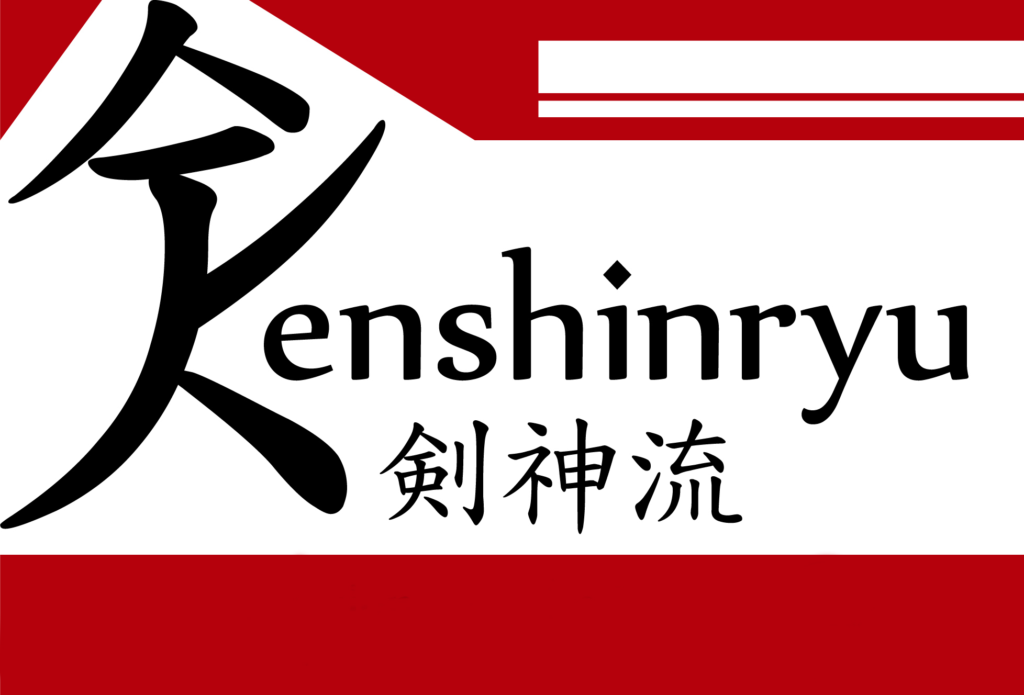Aikido For Children & Youth
Aikido Has Helped Kids With
- Confidence issues
- Dealing with bullies
- Helps children/teens avoid the traps of drugs, violence, negativity, crime and suicide
- Improves grades
- Improves overall performance in all things
Aikido Can Help In The Following Areas
Spirit: Aikido develops win/win philosophy everyone wins.
Body: Aikido is physically challenging but not impossible, and it is good for strength training and weight loss.
Mind: Children & youth can understand their minds. They learn that the mind is a tool; therefore, they learn problem solving skills and mental discipline.
Emotions: Aikido is self-empowering no matter how the child or youth may feel. Children learn that emotions are tools.
Social: Aikido builds social skills using no loser games, teaching consensus, teamwork, cooperation and community activities.
Brief Description Of Aikido
- Aikido is a non-violent, non-resistant martial art from Japan.
- Aikido means unifying energy, the way of harmony.
Success With Aikido
- Kids in group homes grow up with fear because there is no order or center in their lives. When they practice Aikido they learn about their own power. They learn to speak and act for themselves but in harmonious ways.
- Children & youth with physical, psychological, and/or developmental challenges learn about their center and how to have real internal self-control.
- Good athletes and high achievers become even more skilled.
Children & Youth Reactions To Aikido
- Joy
- More confidence
- If the child or youth is timid or frightened, they will like Aikido because it will teach them self-defense.
- Usually children are surprised that they have so much physical power.
- Children with developmental challenges may not know the names of the techniques, however they learn the moves and enjoy their power.
Extra Care Is Needed
- Make sure you tell the teacher or the head instructor about old injuries and conditions.
- Classes may have to be modified when people come with old injuries.
- Children with developmental challenges may need Aikido sessions to be modified. For instance, a child with Down Syndrome cannot understand the esoteric practice, however they can learn basic moves and how to be non-violent.
Contraindications: When Aikido Should Be Avoided
- Sometime parents and children misunderstand what Aikido is and think that aggressive moves are part of the practice.
- When children, teens and parents think that Aikido is for attacking
- If the child has certain disabilities (physical, mental or emotional) that severely impair ability to participate
- When it is used by a child to hurt others
- Anger/violence levels are out of control.
Basic Concepts And Components Of Aikido
- Attack energy or tense energy can be redirected.
- Integrates body, mind and spirit
- Joins with and uses the energy (attack) in order to redirect
- Uses circular, spiraling movements instead of direct movements (kicks, punches) and blocks, reduces anger, which takes people out of the present moment and causes a loss of focus, power and judgement
- Finding peace in chaotic situations is possible.
- Relies on being relaxed, focused, balanced and grounded
- Cultivates gentle power
- Practices the loving protection of all beings


